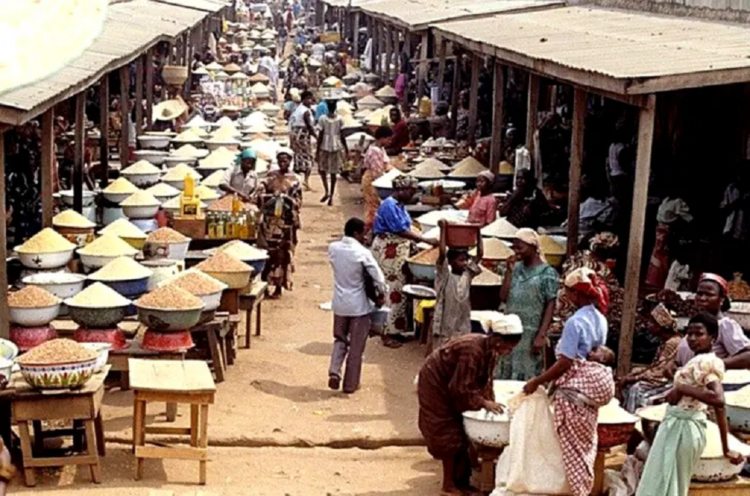The Federal Government has pledged to implement strict regulatory actions against traders who are suspected of “unfairly inflating prices” of goods and commodities.
Expressing concern, the government, via the Federal Competition and Consumer Protection Commission (FCCPC), noted that despite the recent strengthening of the Naira against the dollar, consumers are still grappling with rising costs, with no corresponding reduction in the prices of goods and commodities.
“This situation is unacceptable, and the FCCPC is committed to protecting consumers from exploitation,” the Commission’s chief Adamu Abdullahi said in a statement on Wednesday.
“The FCCPC understands the significant financial strain these rising prices are placing on Nigerian households. As a result, the Commission is taking proactive steps to address this issue.
“While the FCCPC cannot directly regulate prices, the Commission will utilise its existing legal framework to enforce fair competition and consumer protection provisions.
“This includes monitoring and investigating unusual price hikes, addressing complaints filed by consumers, and taking action against any businesses found to be engaging in anti-competitive practices such as price-fixing, price gouging or cartel formation.”
The Commission said its operatives have been directed to intensify monitoring of both formal and informal markets, where businesses may be taking advantage of market conditions to unfairly inflate prices, and ramp up enforcement activities.
“The operatives will be working collaboratively with trade associations, farmer groups, and other stakeholders to identify and remove unnecessary barriers to entry in various sectors, combat price-fixing, and dismantle cartels. This will encourage increased competition, ultimately leading to lower prices for consumers.”
Meanwhile, Wale Edun, the Minister of Finance and Coordinating Minister of the Economy, has remarked that the Nigerian economy is heading in a positive direction, as the new administration’s policies have begun to alleviate food inflation.
Speaking virtually on Channels Television’s Business Incorporated program on Tuesday from Washington DC, where he is participating in the IMF-World Bank Spring Meetings, the minister highlighted the government’s efforts.
Over the past weeks, prices of food and essential commodities have surged as Nigeria grapples with one of its most challenging economic crises, triggered by the current government’s initiatives such as the removal of petrol subsidies and the consolidation of forex windows.
According to the National Bureau of Statistics (NBS) Consumer Price Index (CPI) report released on Monday, the food inflation rate in March 2024 declined to 3.62%, a decrease of 0.17% compared to February 2024 when it stood at 3.79%. However, despite this reduction, many Nigerians have expressed dismay that the decrease hasn’t translated into lower prices for essential food items like garri, millet, yam, and bread, alongside energy and housing costs.
Despite the recent appreciation of the naira against the dollar, with an increase of over 40% in recent weeks from approximately N1,900/$ to around N1,100/$1, the inflation rate remains high at 33.20% for March 2024, with an interest rate of 24.75%.

